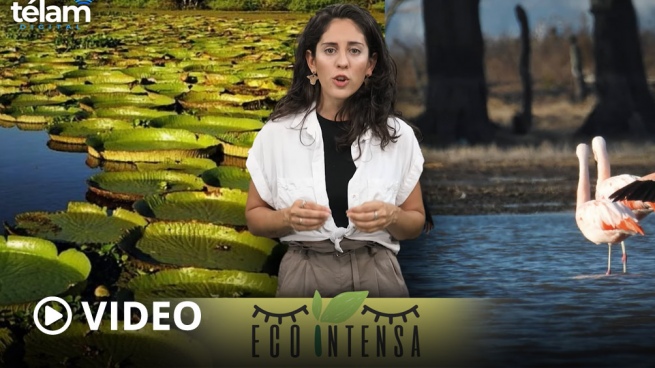February 2 was World Wetlands Day, but what are they and what is happening to them?
Wetlands are very diverse ecosystems and include many types of landscapes. What unites them is that the water remains in these ecosystems: it floods them and generates saturation in the soil for a long time.
In Argentina, wetlands occupy around 21% of the territory. Unfortunately, between 1994 and 2011, more than 40% of wetlands were lost due to transformation of land use, whether due to embankments, livestock, deforestation or real estate development, and in 2020 alone 350,000 hectares were consumed due to fire.
Also, globally, between 1970 and 2015 approximately 35% of the planet’s wetlands disappeared.
But why are they important?
Wetlands are among the ecosystems that make the most contributions to society, they regulate and purify water, reduce the risk of flooding, stabilize coastlines, protect against storms, retain and export sediments and nutrients, mitigate climate change through capture carbon, provide food, among other things. Likewise, they are home to numerous species since they are home to 12% of all the species that inhabit the world.
When we lose wetlands, we lose all these benefits for us and for our planet, so it is important to have a wetland law that protects them.

















